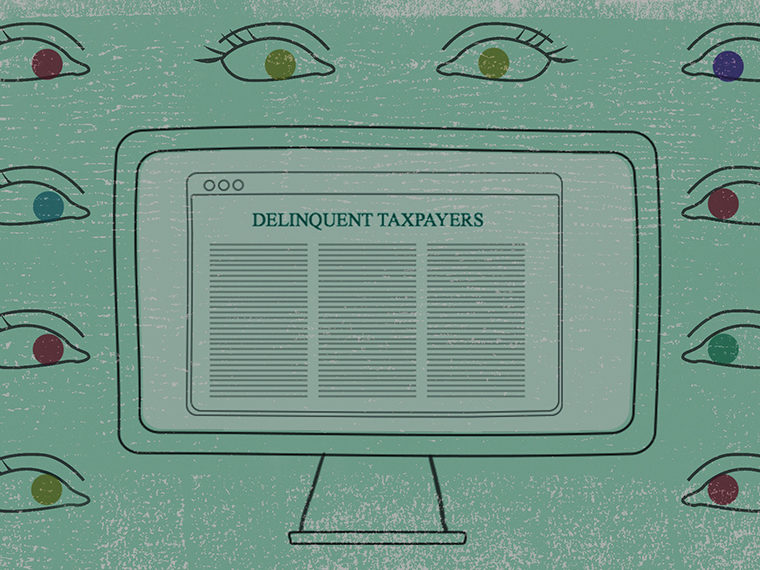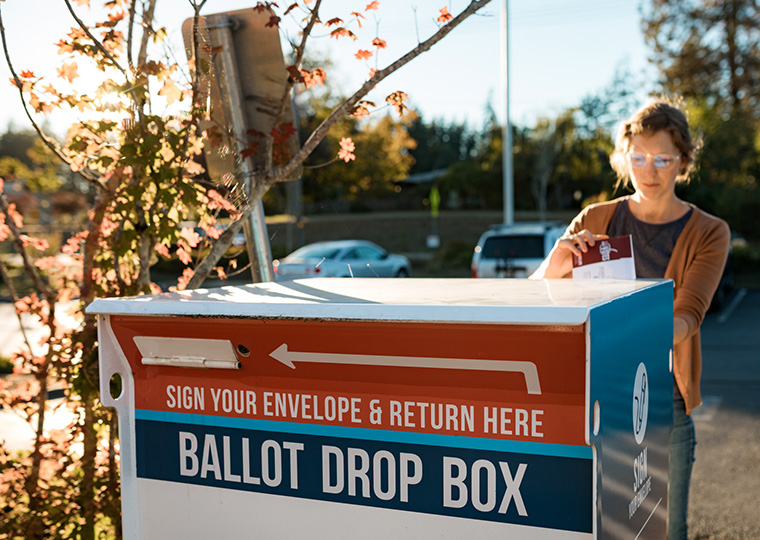Sixty years of data suggest retirement obligations rise after Democrats scrape into office
One of the biggest problems facing cities is the shortfall in funding workers’ pensions: Many local governments haven’t set aside enough money to cover the pension commitments made to police, firefighters and other municipal employees.
Why promise retirement benefits and then fail to finance them? A National Bureau of Economic Research working paper by UCLA Anderson’s Christian Dippel suggests a partial answer. Looking back at nearly 60 years of mayoral elections nationwide — and the rise in workers’ pension benefits in those cities — Dippel finds evidence that Democrats in close mayoral elections appear more likely than Republicans to use pension hikes as a way to motivate municipal workers to get out the vote.
In other words, enhanced pensions appear to have been a preferred get-out-the-vote gambit among Democrats in tight races.
Opt In to the Review Monthly Email Update.
As Dippel emphasizes, the study, by virtue of its research design, represents but a partial explanation of pension underfunding. Chicago, which by some measures has the largest relative unfunded pension expenses among top cities, hasn’t had a mayoral election in which Republicans had a chance in generations. And there are GOP-controlled cities with large unfunded pension plans.
Underfunding occurs when pension fund contributions by workers and their employer fail to keep pace with the present and future benefits promised. In the case of government employees, the result is a deficit for which taxpayers will eventually have to foot the bill.
To track the relative health of city pension funds, Dippel used the U.S. Census Bureau’s Annual Survey of Public Pensions, covering the years 1962–2014. For each city pension plan, the reports provide data on the level of benefits paid to plan participants, as well as the level of contributions to their plan made by workers and cities.
Dippel then linked cities’ pension plans to a separate data set of mayoral elections, which included for each election both the vote margins and the winning candidate. He used a methodology known as regression discontinuity design (RDD). Instead of studying pension data for all city plans, Dippel applied RDD so he could focus on the evolution of pension benefits and contributions in certain cities and pinpoint years when the vote margin of the winning mayoral candidate had been very slim.
The basic idea behind the use of RDD was to eliminate races with confounding factors that increased the likelihood of one party’s winning. As Dippel said in an interview, the logic of the RDD is that “from a statistical point of view, an election with a 51 percent versus 49 percent victory margin is viewed as being free of such confounders, whereas elections with a 60 percent versus 40 percent margin would not be.” A very tight election could actually be swayed by a narrowly focused factor such as future pension payouts.
He then charted how benefits in cities changed in the four years after narrow Democratic mayoral wins, comparing them to effects on benefits in cities where Democrats had suffered narrow losses in mayoral elections.
What Dippel found was a trend of pension benefit increases occurring specifically after narrow Democratic mayoral victories, and especially when the winner wasn’t the incumbent. “To me, this means that this is a form of political pork to win close elections, and that this form of pork is more accessible to Democratic Party mayors than Republicans,” he said.
Two other findings in the study reinforced the idea of Democratic mayoral candidates’ using pension benefits as political pork. First, benefit increases were concentrated in plans for police and firefighters, relative to general city employee plans. “This suggests that pork-barrel politics is aimed at the most well-organized employee groups amongst the public sector workers,” Dippel said.
Second, the effect was pronounced in cities without a strong city council/city manager system — that is, in cities where the mayor has the most discretionary powers.
Dippel, who says he has no political affiliation, cautioned against using his research to infer that Democrats are bigger government spenders overall than Republicans. In fact, Dippel writes in his paper, studies in general have not shown “any clear evidence the Democratic Party is more fiscally profligate [than Republicans] at any level of government.”
But he suggests that Democrats may find pension boosts too valuable a political tool to pass up in tight mayoral races.
His study speaks to a body of literature that has shown that the party of the mayor does not matter for the evolution of any of the more readily visible budget items. The going explanation in that existing literature is that voters in the U.S. monitor their cities’ budgets and fiscal spending behavior quite closely because persistent budget deficits typically have to be financed by higher property taxes.
The point of the paper, Dippel said, is to “show that [political] parties do matter in U.S. cities for types of fiscal spending that benefit narrow constituencies, and whose benefits and costs are not easily observed by, or understood by, all taxpayers.”
Featured Faculty
-
Christian Dippel
Assistant Professor of Economics
About the Research
Dippel, C. (2019). Political parties do matter in U.S. cities … For their unfunded pensions.






